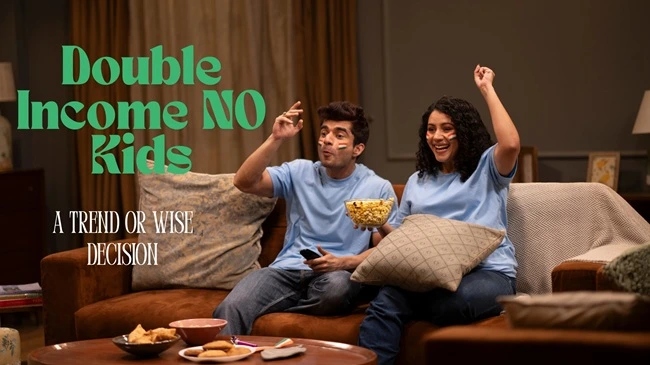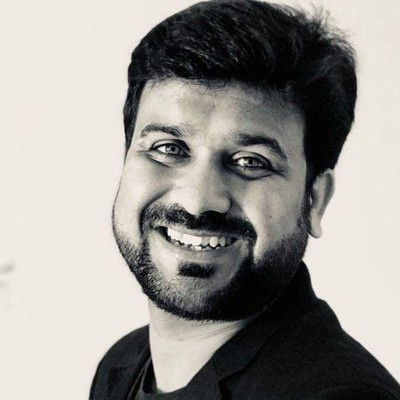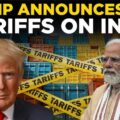Many of my friends these days are choosing not to have children. When I asked them why, their reasons were clear, freedom, financial stability, mental peace, and personal growth. Curious, I searched more about it and stumbled upon the term DINK Couples (Dual Income, No Kids) a concept that’s not only widely accepted in the West but now steadily becoming a trend in urban India.
Welcome to the era of conscious living and deliberate life choices. While the concept of marriage and family has remained sacred in Indian culture for centuries, a noticeable shift is emerging where couples are choosing to live child free, not due to medical issues or age, but by choice. These couples are known as DINKs Dual Income, No Kids couple and their numbers are growing faster than ever, especially in metro cities like Bengaluru, Mumbai, Delhi, and Pune.
Let’s dive deep into this social shift what it means, why people are embracing it, and how it’s shaping modern Indian society.

What Does DINK Mean?
DINK stands for Dual Income, No Kids. It refers to couples usually married or in long term partnerships who both earn and consciously decide not to have children.
This lifestyle trend, which took shape decades ago in Europe and the U.S., was once seen as unconventional or even selfish. But today, especially among millennials and Gen Z, it’s gaining ground for practical, emotional, and environmental reasons.
Why Are Couples in India Choosing the DINK Lifestyle?
1. Freedom and Flexibility
Children, as beautiful as they are, demand time, attention, energy, and emotional labor. For many urban couples, the freedom to travel, pursue careers, hobbies, or spontaneous plans ranks high on their priority list.
A Bengaluru based couple in their 30s shared in a Reddit AMA:
“We want to live life on our own terms, not have to plan everything around feeding schedules or school holidays.”
2. Rising Cost of Living
Education, healthcare, housing, extracurricular activities, raising a child in urban India can cost anywhere between ₹70 lakh to ₹1 crore over 18 years. Many couples wonder if the emotional and financial return on investment is worth it.
3. Career Aspirations
Both partners working full time jobs often find it hard to balance professional growth and parenting. With no kids in the equation, couples can focus on promotions, global relocations, or entrepreneurial ventures without guilt or compromise.
4. Mental Health and Stress Avoidance
Burnout is real. From academic pressure to competition in the workplace, urban life is mentally exhausting. Adding parenting responsibilities on top of it seems daunting for many.
5. Environmental Concerns
Some couples also cite climate anxiety and overpopulation as reasons. With concerns around sustainability, many believe that not having children is their way of reducing their carbon footprint.
Why is the DINK Trend Gaining Popularity in Tier-1 Indian Cities?
Tier-1 cities like Mumbai, Delhi, Bengaluru, and Hyderabad are hubs of exposure, education, and modern values. Here’s why DINK is becoming a buzzword in these metros:
- Higher income levels: Dual income households are common, giving couples financial independence to live comfortably without needing children to “complete” a family.
- Work centric culture: Career often takes precedence, with demanding schedules and fast paced lifestyles.
- Delayed marriages: Many urban couples marry in their 30s, by which time they’re already settled into a rhythm of life that doesn’t include kids.
- Changing societal values: Stigma around not having children is fading at least in metros. Live in relationships, late marriages, or no marriage pacts are also gaining acceptance.
- Better access to information: Podcasts, blogs, and platforms like Reddit and Quora host thousands of Indian couples discussing the pros and cons of the DINK life openly.
Is the DINK Lifestyle Good or Bad for Society?
Positive Impact:
1. More Financially Stable Households
Two incomes and fewer dependents mean better investments, emergency funds, and lifestyle quality. Couples can buy property earlier, travel internationally, and retire with better planning.
2. Lower Population Growth
In a country like India, where population strain affects every aspect from education to jobs to healthcare DINK couples indirectly contribute to easing the pressure.
3. Gender Equality
With no child rearing duties, women in DINK relationships often find more space to pursue careers, leadership roles, or personal development helping bridge the gender gap in workspaces.
4. Mental Peace and Relationship Satisfaction
Surveys show that many DINK couples experience lower marital stress and higher satisfaction levels due to shared goals and lesser emotional strain.
Possible Concerns:
1. Ageing Population Without Caregivers
If the DINK trend becomes mainstream, a future where older adults outnumber young caregivers could strain pension systems and elder care infrastructure.
2. Decline in Traditional Family Structures
In a country where family, legacy, and generational living are core to culture, DINK couples challenge those age old values, causing friction with older generations.
3. Emotional Gaps Later in Life
Some psychologists argue that the joy and purpose children bring are unmatched. DINK couples may face loneliness in their later years, especially if they lack strong social circles or extended family support.
DINK vs Traditional Parenthood: A Comparison
| Feature | DINK Couples | Traditional Parents |
|---|---|---|
| Financial Freedom | High | Medium to Low |
| Career Growth | Uninterrupted | Often Paused |
| Travel Flexibility | High | Limited |
| Retirement Planning | Focused & Early | Often Delayed |
| Social Pressure | Still Present | Culturally Aligned |
| Emotional Fulfillment | Individualistic | Child centric |
Is It a Phase or the Future?
While it may seem like a trend now, the DINK lifestyle is likely to become a permanent alternative to traditional parenting. Not everyone aspires to a family with kids, and that’s perfectly okay.
However, it’s also important to note that many couples choose to be child free in their 30s and eventually change their minds in their 40s. Thanks to IVF and adoption, pathways to parenthood remain open longer than ever before.
What Does It Mean for Society Going Forward?
The DINK phenomenon is a mirror reflecting changing priorities, values, and lifestyles. It’s not about selfishness or anti family sentiments. Instead, it’s about personal choice, conscious living, and redefining what happiness means in a modern world.
Indian society is slowly but steadily learning to accept diverse family structures be it child free couples, single parents, live in partners, or LGBTQ+ families. The rise of DINKs simply adds one more shade to the spectrum of what a fulfilled life can look like.
Final Thoughts
Whether you choose to have kids or not is deeply personal. But what matters is that such decisions are now being made with thought, dialogue, and mutual understanding — not pressure, tradition, or ticking clocks.
So, the next time you hear a couple say, “We’re happy just the two of us,” maybe it’s not rebellion or selfishness, maybe it’s just a different, equally valid kind of love story.
FAQs on DINK Couples in India
Q1: Is it legal to choose a child free marriage in India?
Absolutely. There is no legal compulsion in India that mandates having children. It’s a personal decision between partners.
Q2: Are DINK couples accepted in Indian society?
Acceptance is growing, especially in urban areas. While conservative families may take time to understand, many younger generations are more open minded.
Q3: Can DINK couples change their minds later?
Yes, many couples do. Options like adoption, surrogacy, and IVF offer parenthood even in later years.
Q4: Is DINK lifestyle sustainable in Indian culture?
It may not be the norm yet, but it’s certainly becoming a well recognized and respected choice.

Hi, I’m Prashant Jain — a curious soul, storyteller, and content creator at heart.I’ve always been drawn to the world of entertainment, travel, sports, health & lifestyle — not just as a writer, but as someone who genuinely lives these experiences. Whether I’m binge-watching the latest OTT series, exploring offbeat spiritual destinations in India, or diving deep into wellness routines and cricket match insights, I love sharing what I discover with like-minded readers.
PopNewsBlend is my way of blending personal journeys with meaningful stories — ones that inform, inspire, and keep you ahead of the curve. Everything I write comes from real observations, hands-on experiences, and a deep passion for understanding the world around us.
Discover more from Popnewsblend
Subscribe to get the latest posts sent to your email.








I don’t think the title of your article matches the content lol. Just kidding, mainly because I had some doubts after reading the article.